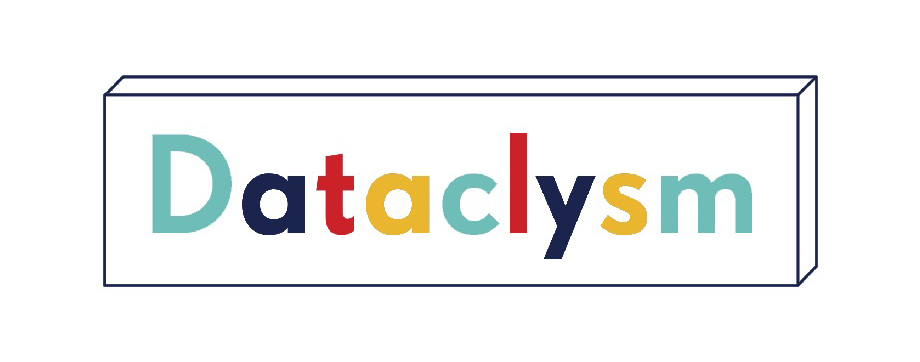

I wanted to jump right to them, and I’ve found statistics to be a good way to get there. Words are necessary for any book, obviously, but I didn’t want to follow the anecdotal path to larger truths. LBB: A marketing blurb describes Dataclysm as involving a “new form of statistical storytelling where numbers become narrative.” And in your book, your write, “The idea is to move our understanding away from narratives and toward numbers, or, rather, thinking in such a way that numbers are the narrative.” Could you explain this a little bit?ĬR: I wanted to tell stories in aggregate, and I think numbers are a good way to do that. But certain technology takes the choice out of your hands - a drone photographs you out on the street or even in your home, and a facial-recognition API does the rest. You decide whether or not to share yourself with Facebook. But in the time since I completed the book, I’ve become worried by hardware like quad-copter drones, which can gather data without our consent. Now that your book has come out, what else does the title mean to you?Ĭhristian Rudder: The original spirit of hope in the title still pertains. Then I read that the title relates to the Greek word kataklysmos, the word cataclysm, and how nowadays there’s both a deluge of data and a hope that data will transform the world. Lee Bob Black: When I first read the title of your book, Dataclysm, I thought of data and apocalypse.


 0 kommentar(er)
0 kommentar(er)
